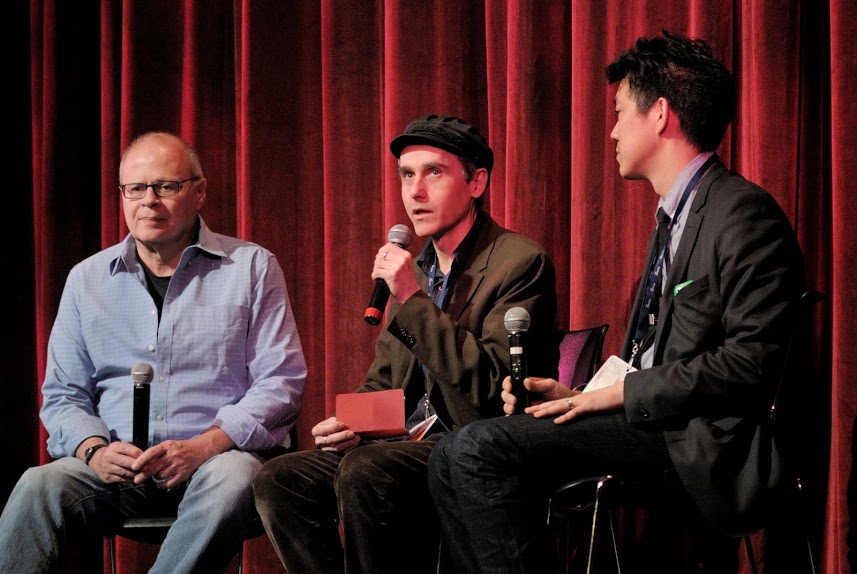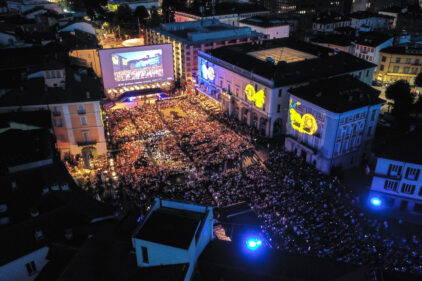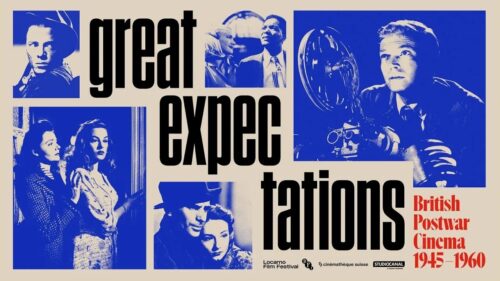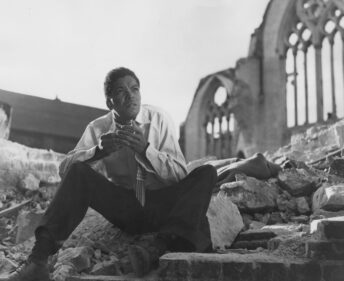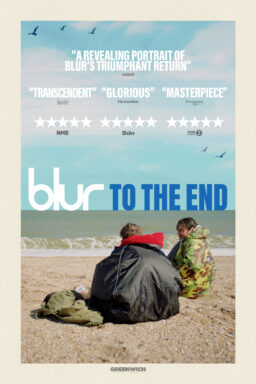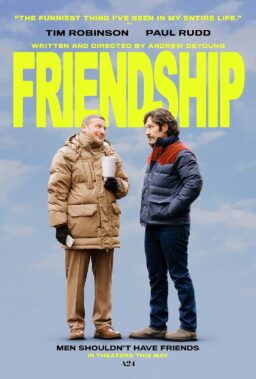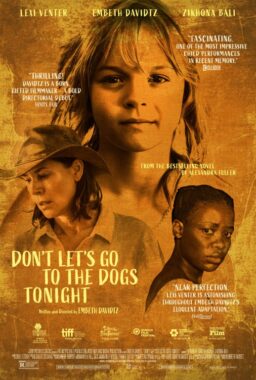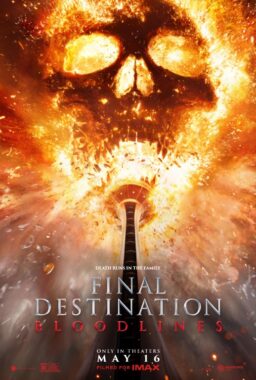What happens when you take one of the most intimate and
sensitive films about art and friendship and project it to a full house in a
gigantic, 1500 seat theater? The Virginia Theatre screening of Jem Cohen’s
acclaimed “Museum Hours” was as
strangely beguiling as it was singular to the Ebertfest experience. Cohen’s
film, which observes two strangers who become friends through encounters at the
Kunsthistoriches Museum in Vienna, is one of extraordinarily quiet observation
and attentiveness to life’s overlooked details.
“Museum Hours” seems
particularly well-suited to Ebertfest because it mirrors one’s experience of
the festival. Over a few days, strangers meet and get to know each other by
watching the same works of art. Through leisurely conversations between
screenings, lives and minds are mutually revealed and exchanged. While
conducting the post-screening Q&A, Ebertfest director Nate Kohn and I
determined that this film essentially is the Ebertfest experience in Vienna.
Perhaps it’s fitting then that Cohen’s inspiration for the
film materialized at a film festival. It was as a guest of the Viennale Film
Festival that Cohen encountered the paintings of Breughel at the Kunsthistoriches
and “felt a strange sense of familiarity” between these 16th century
paintings and his own documentary films. “They didn’t tell you where to look.
You’re given a certain freedom to roam and decide what is worth it to you.” It also speaks to Cohen’s own “lifetime of
wandering around,” and finding treasures in unexpected places. Bobby Sommer,
who stars in the film as the modest museum guard, was working as a Viennale when
Cohen met him. He and co-star Margaret Mary O’Hara improvised a good deal of
their dialogue, leading to unexpected payoffs, like when they humbly share
their admiration of Judas Priest and AC/DC.
To have those beautifully subdued moments writ large on a
three story screen not only amplified but intensified their wonders. Cohen was startled by how
responsive the audience was to the film’s nuances, laughing at small humorous
details that passed by silently at other screenings. I had noticed a similar
phenomenon last year when Patrick Wang’s equally gentle masterpiece “In the Family” screened here. There’s
something special about seeing a movie with 1500 people who have all watched
the same films over several days. People get on the same viewing wavelength,
and that wavelength encourages more attentive viewing, intensifying one’s desire
to notice things and respond to them. It works especially well with quiet
movies. And there are precious few venues in the world where a quiet film can
pack as much of a crowd as a summer blockbuster on opening day. Experiencing
Ebertfest, one wonders why there aren’t more festivals like it.
Cohen remarked that these kinds of experiences are
not to be taken for granted. He closed the Q&A with a strong
commentary
against the new proposal by the FCC that would give faster
internet access to those companies who could pay more for it. “The
little art
film will be slower to load and easier for people to give up on because
they’ll
just watch the big movie from the big company that loads more quickly.”
Supporting a local film festival or a
national policy that preserves net neutrality and equal internet access
aren’t just ways to watch neglected great movies, but a way to take part
in protecting a way of life and its
values. “If you value unusual experiences, then you have to support the
things
that make them possible,” Cohen concluded. “Gather them like they’re a
bit of
fire you’re protecting with your hands.”

